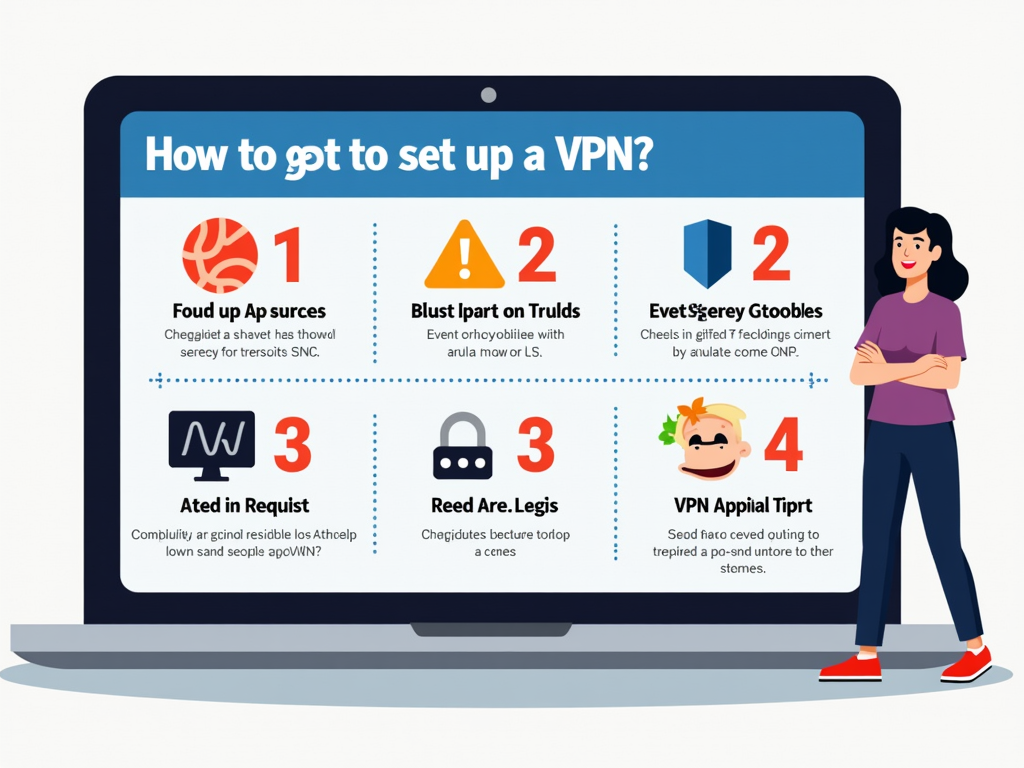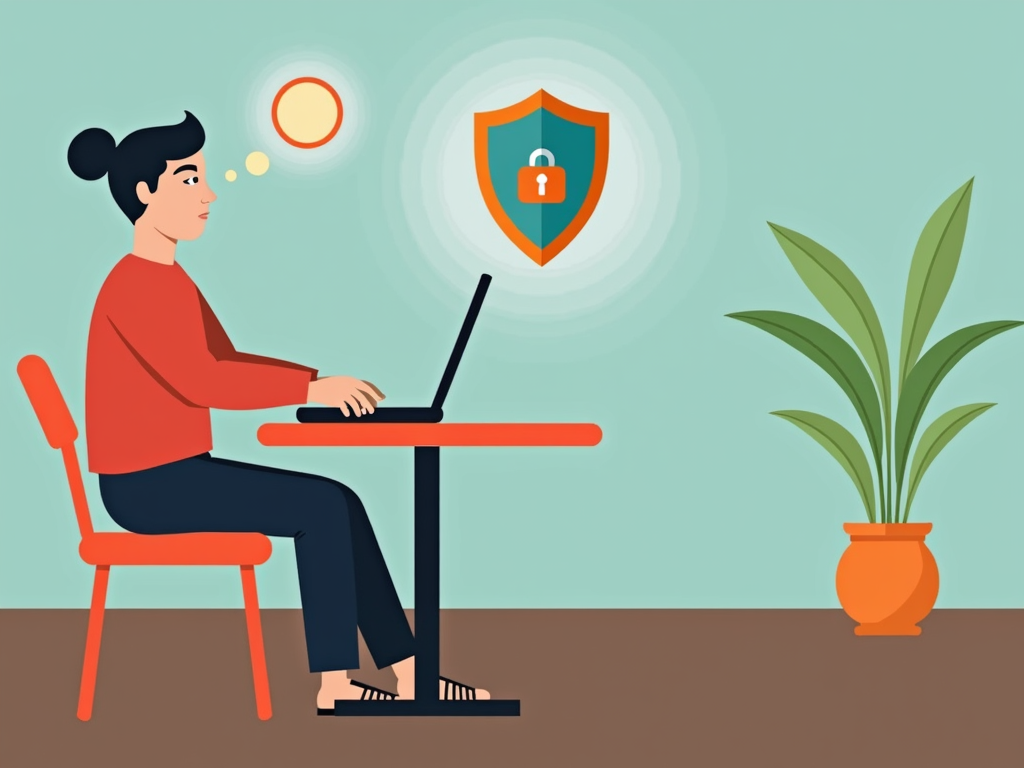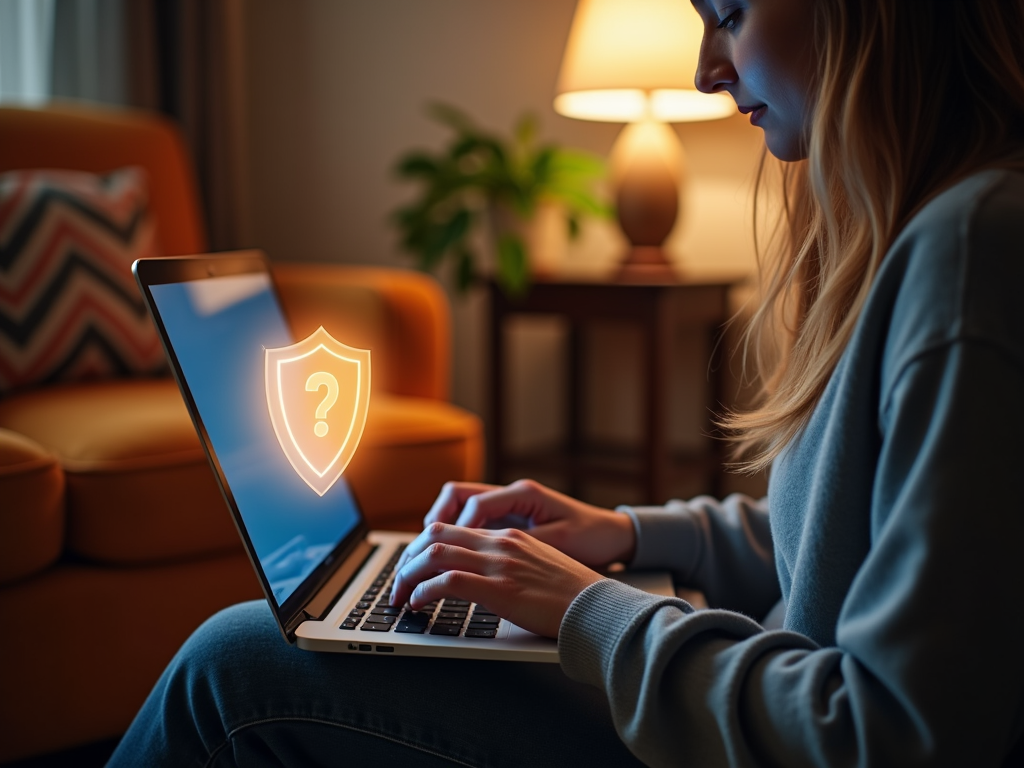The Future of Online Privacy: Trends and Predictions
In an era where data is king, online privacy matters more than ever. This article explores The Future of Online Privacy: Trends and Predictions, diving into current shifts, future possibilities, and essential online privacy tools for beginners. We’ll look at how technology and laws are changing—and what it means for you.

The Current State of Online Privacy
Today, the internet is a hotspot for personal data. Big breaches, like the Equifax hack in 2017, exposed millions to identity theft. Social media sites connect us but often grab tons of our info, as seen in the Cambridge Analytica mess.
Smart devices—like thermostats and fitness trackers—are everywhere now. They collect data constantly, but most people don’t know what’s being tracked or who’s using it. It’s a wake-up call: online privacy isn’t just a tech issue; it’s personal.
Good news? People are catching on. More of us are asking: Is convenience worth giving up our privacy? That question is pushing change.

Emerging Trends in Online Privacy
One big trend is Virtual Private Networks (VPNs). They hide your internet activity by encrypting it. I started using a VPN while traveling—it let me watch my favorite shows and kept my connection safe on public Wi-Fi.
Encrypted messaging apps are hot too. Apps like Signal and Telegram keep your chats private—no one else can peek. They’re easy to use and growing fast.
Privacy-focused browsers are stepping up. Brave and Tor block ads and trackers automatically. Search engines like DuckDuckGo don’t follow your every move, unlike some bigger names.
There’s also zero-knowledge proof tech. It lets you prove something—like your age—without sharing extra details. It’s a game-changer for keeping sensitive stuff private.
Even social media is shifting. Platforms like Mastodon let you control your data better than the big players. It’s a quieter trend, but it’s growing.

Predictions for the Future of Online Privacy
What’s next? I think stricter rules are coming. Europe’s GDPR set a high bar—other countries might follow, making companies handle your data more carefully.
Tech will get smarter too. Imagine personal data vaults: you store your info securely and decide who sees it. It’s the opposite of how things work now, where companies hold all the cards.
A decentralized internet could rise. Instead of big servers owning your data, it’d spread across many points. No single company could dominate or mess with it.
Privacy tools will keep improving. Decentralized identity systems might let you prove who you are without handing over everything. It’s exciting—and a bit mind-blowing.

Essential Online Privacy Tools for Beginners
New to this? Here’s what you need:
- VPNs: Hide your online moves. Try NordVPN or ExpressVPN—they’re solid picks.
- Password Managers: Stop reusing passwords. I use one—it’s a lifesaver for keeping accounts safe.
- Encrypted Email: ProtonMail locks your messages tight.
Browser extensions help too. Tools like uBlock Origin stop trackers in their tracks. They’re free and simple to add.
Why bother? These online privacy tools take minutes to set up but protect you for years. I felt safer the moment I started using them.

Challenges to Online Privacy
Here’s the catch: privacy isn’t always easy. Tools like VPNs can slow your connection or cost a bit. It’s a trade-off—security versus speed.
Big tech is tricky too. Companies like Google and Facebook give us free stuff but live off our data. Can they switch gears without losing profits?
Not everyone gets it either. Some folks don’t have fast internet or the cash for tools. Privacy shouldn’t be just for the tech-savvy or rich—it’s a right.
Education matters most. People need clear info, not scare tactics. The more we know, the better we can protect ourselves.

Wrapping Up
The Future of Online Privacy: Trends and Predictions shows a world in flux. Tech and rules are evolving, and so are we. With the right online privacy tools and know-how, you can stay ahead—safe and in control.